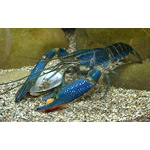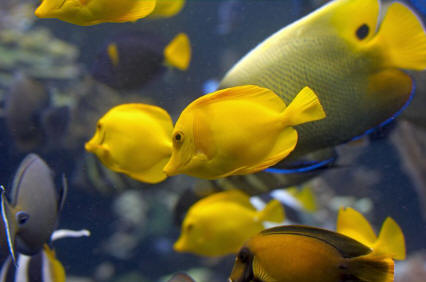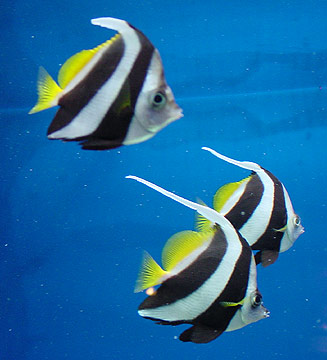Electric blue Goldfish

|
Scientific Name: Carassius auratus Price: Upon Request Origin: Australia Family: Parastacidae NOT AVAILABLE NOW |
|
Other Names: Blue lobster, Blue crayfish, Blue yabby, Electric blue lobster, Electric blue crayfish, North Queensland yabby |
|
Technical Info
Temperature: 15 - 30 ℃
pH: 7.2 - 7.8
GH: 10 - 20
Max size: 20 cm
Min Tank size: 200 Ltr
Position in Aqua: Bottom swimmer
Description
Redclaw (Cherax quadricarinatus) are a species of freshwater crayfish native to the north western river systems of Queensland Australia. They are a robust creature with a simple life cycle making them a strong candidate for freshwater aquaculture. They are commercially grown in farms throughout Queensland and farms like Cherax Park are now setting the global standard for professional and sustainable freshwater crustacean aquaculture.
Food
Like most other aquatic crustaceans, these crayfish are opportunistic omnivores and will eat anything they get their claws on, from plants, catfish tablets, pieces of vegetable and often fish. They are not safe to be kept in the aquarium alongside fish and will definitely try to eat most fish. Those they can t eat, they will often nip, so mixing them is a definite no-no.
Breeding
They are usually fairly easy to breed under aquarium conditions, and will be cared for by their mother until released (when some cannibalism may occur).
Compatible with
They are a bottom feeder and will eat anything they come across, as they are opportunistic eaters. It is not advisable to keep this species in the same aquarium as aquatic frogs or snails, as these are easy prey for this species. The Redclaw Crayfish should only be keep with large or fast moving fish as small and slow fish are likely to become prey. Ideally they re best kept in single species tanks only.
Note
Best kept in a spacious and well-filtered species tank containing rocks and bogwood for daytime shelter. Unlike crabs, this species doesn t require any access to land and is generally very easy to keep in the aquarium.

